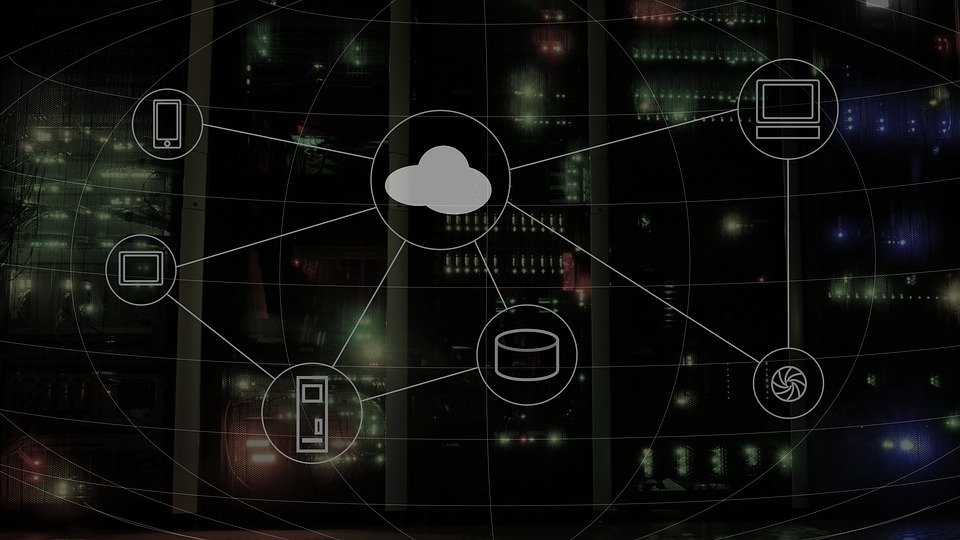infoTECH Feature
Here's everything you need to know about Turing Pi 2, the most hyped cloud computing product

In today’s day and age, every founder and entrepreneur is obsessed with the word “disrupt,” but in reality, only a few manage to hit the mark. While disruption of a new product launch can be categorized through various parameters, one critical talking point is the campaign’s track record on crowdfunding platforms. Recently, the campaign for a product launch on Kickstarter got such a great response that its servers were unable to process all incoming transactions for aslong as 20 minutes. Such kind of traction for any product on the very first day is not common at all. Moreover, the hype got to the point where the campaign successfully crowdsourced $1M in just 12 hours, thanks to the global community of IT professionals and enthusiasts waiting at the other end to pre-order.
Clearly, the launch of the Turing Pi 2 Cluster Computer has been a grand success in every sense of the word. And here’s why- The Turing Pi 2 is a cluster board that unites several compute modules into a cluster server. The users get a device that is functionally the same as cloud servers but compact, noiseless, and energy-efficient. It’s a perfect balance between productivity, applicability, and convenience. It supports Raspberry Pi CM4 and Turing RK1 compute modules for general computing and Nvidia Jetson boards for machine learning and GPU-powered applications, among many other game-changing features and use-cases limited only to where imagination can extend.
What makes Turing Pi 2 so special?
It is a compact ARM (News - Alert) cluster that unites four different compute models to elevate the power, productivity, and performance of a standard Mini ITX Motherboard. The cluster computer runs 24/7 and is fanless, making it quiet without compromising on speed. Another functionality that completely sets it apart is its low power consumption. The device consumes under 60 W of power making it environment as well as pocket friendly. Adding to the delight of IT professionals, Turing Pi 2 is fully compatible with Kubernetes, the popular open source platform for managing containerized workloads and services, facilitating declarative configuration and automation.
Users can eaily connect clusters to each other seamlessly to scale their infra quickly.
The functionality of the raw compute models can be elevated easily, thanks to its flexibility that provides HDMI, USB, SATA, Ethernet, DSI, and mPCle connectivity. The reliable, scalable, and cloud native computer for the edge includes:
- 4x CPU w/ 1 GbE each
- Onboard L2 Managed Switch 1 GbE
- VLAN Support
- 2x SATA III Ports 6 Gbps
- 2x Mini PCI (News - Alert) Express Slots
- Baseboard Management Controller
Its mini ITX form factor allows it to fit in conventional rack mounts and cases, and any desktop power supply could be used to power it up. It also has an onboard management controller with open-source firmware that makes setting up and managing the cluster a seamless experience.
The vast variety of applications that make Turing Pi 2 the most-preferred choice for cloud computing include homelab, esde computing, home and business automation, cloud apps self-hosting, software deployment, media streaming and processing, machine learning at the edge, blockchain node hosting, education and prototyping, etc. Truly, the features andfunctionalities justify the campaign’s key messaging that highlights how the use-cases of Turing Pi 2 are limited only to one’s needs and extent of imagination.
Priced at a very nominal rate of $219 and for $25 each respectively, the Tuning Pi 2 boards and Raspberry Pi CM4s together make a cluster that is no less than a dream device to accomplish all the flavors of compute modules. Planned for an exclusive release later this year, the new Turing Pi RK1 compute modules form the third stretch of the launch campaign and are exemplary in terms of offering a compact, noiseless, modular, and cloud-native solution to edge computing. Their powerful suite of features will include the highly productive 8-core ARM Rockchip RK3588 processors along with a stunning 32 GB of RAM (News - Alert) per module, with 128 GB per a 4-unit Turing Pi 2 setup.
These new highly productive compute modules will effectively collaborate with and complement the Turing Pi 2 infrastructure to become the new go-to solution to respond to the current demand in energy efficient and easily scalable ARM servers. No wonder, why the product launch on Kickstarter has got everyone so kicked. The good part for everyone who has placed a pre-order is that the shipping of the Turing Pi 2 boards will start in September, 2022. As per the initial announcement, the new RK1 compute modules will also be available in 2023.
infoTECH Headlines
What Is AWS EFS? Features, Use Cases, and Critical Best Practices
Cost-Effective Approaches to s1000d Conversion
A virtual crossroads for technology enthusiasts
Benefits of employee monitoring software in preventing overworking of workers
CI/CD: Trends and Predictions for 2024
Technical Documentation for IT: A Practical Guide
Managing Your Costs on AWS: A 2024 Guide
What Is Application Dependency Mapping?
Top 5 Kubernetes Errors and How to Solve Them
How Artificial Intelligence Can Improve the World of Online Gaming Platforms
Rich Tehrani
Rich Tehrani



 By
By 
